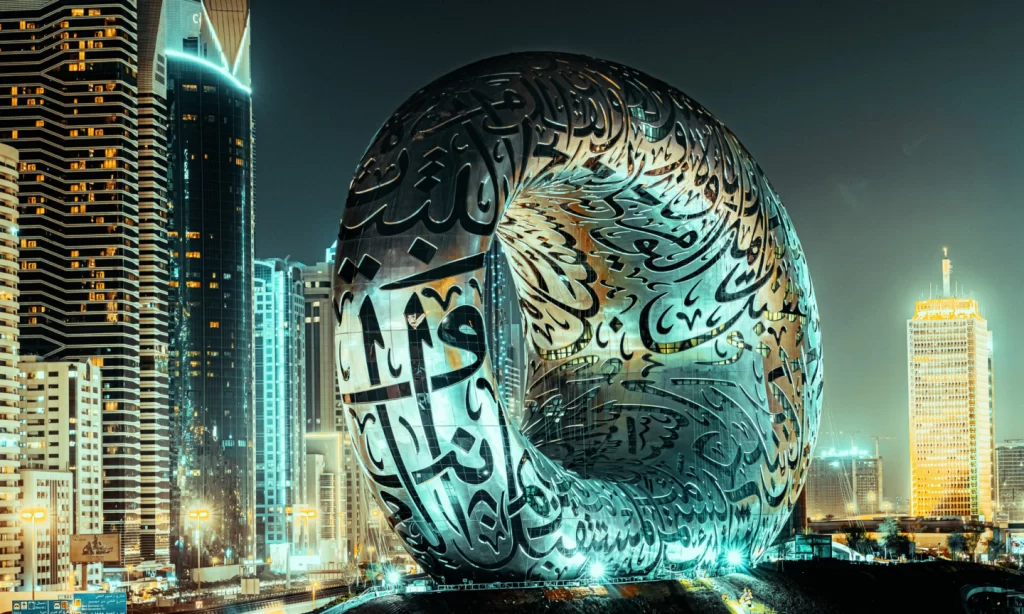The United Arab Emirates (UAE) has taken a significant step towards the potential introduction of a national lottery and “commercial gaming,” indicating a possible shift towards allowing gambling in the country.
The state-run WAM news agency announced the establishment of the General Commercial Gaming Regulatory Authority, though specific details regarding its structure and operations remain limited.
Kevin Mullally, former executive director of the Missouri Gaming Commission, was appointed as the CEO of the newly formed authority.
In his statement, Mullally expressed his excitement about establishing a robust regulatory framework for the UAE’s lottery and gaming industry.
Jim Murren was named as the chairman of the authority’s board of directors.
Murren, a former chairman and CEO of MGM Resorts International, has a background in the casino industry and has previously worked closely with UAE officials.
The authority’s mission, as described by WAM, is to create a socially responsible and well-regulated gaming environment that adheres to strict guidelines and high standards.
It aims to coordinate regulatory activities, manage national licensing, and promote responsible commercial gaming to unlock economic potential.
For years, there have been rumors of introducing casinos in the UAE, particularly in Dubai, with hopes of boosting tourism and revenue.
Duty-free car raffles are already a common feature at Dubai International Airport.
While Islam traditionally forbids gambling, there have been exceptions in the Middle East, with casinos operating in Egypt and Lebanon.
The UAE’s move to potentially embrace casinos could help revitalize its tourism industry, attracting Chinese travelers who were lost during the COVID-19 pandemic.
Some estimates suggest the UAE could generate annual gaming revenue of $6.6 billion, potentially surpassing Singapore.
The creation of the General Commercial Gaming Regulatory Authority indicates that Abu Dhabi, the UAE’s capital, may oversee casino operations.
However, the power structure in the UAE’s seven emirates leaves significant authority in the hands of local rulers, potentially leading to varying approaches in different regions.
Despite the potential economic benefits, the introduction of casinos also raises concerns about money laundering.
Dubai’s real estate market has been used by individuals involved in illegal activities, including war profiteers, terror financiers, and drug traffickers, to launder large sums of money.
Authorities will need to address these challenges while considering the future of commercial gaming in the UAE.
